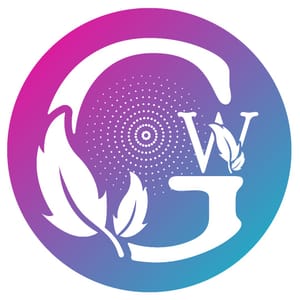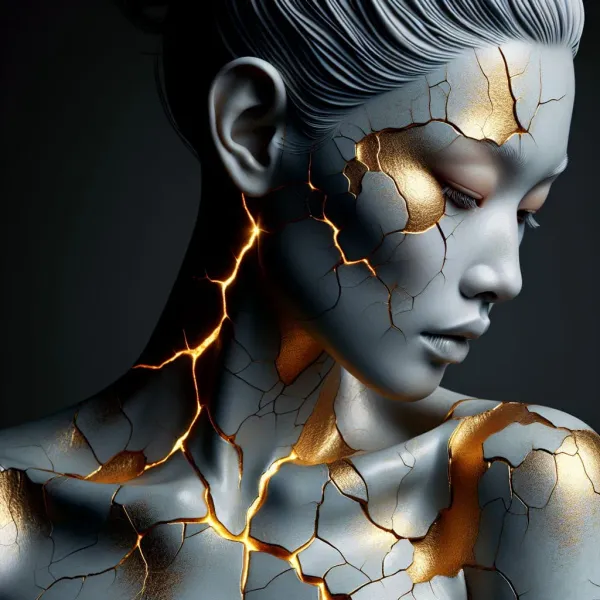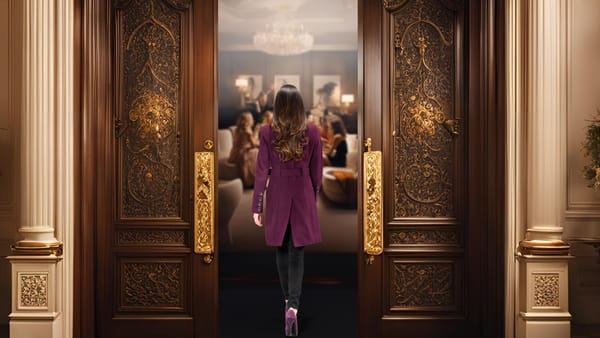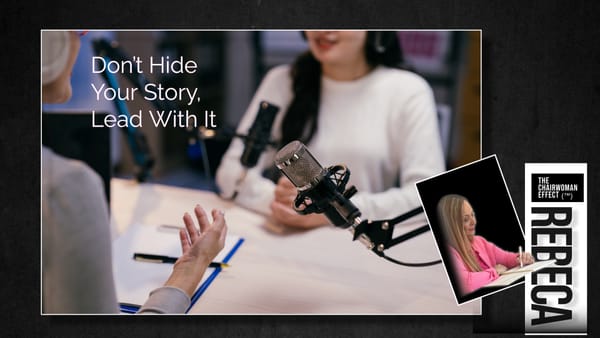As the world undergoes seismic shifts, one quiet revolution has proven unstoppable: the rise of the feminine force as a global architect of change. From parliaments to pixels, from boardrooms to Broadway, women are not just breaking glass ceilings; they are redesigning the entire skyline. The 21st-century woman is no longer content with inclusion; she is engineering influence.
This is The New Feminine Frontier, a global shift where women are not passengers of progress but pilots, charting new coordinates for politics, culture, art, and technology.
POLITICS | From Representation to Reformation
Across continents, women are stepping into political spaces once dominated by patriarchal structures, not merely as figureheads but as reformers rewriting governance with empathy and precision.
In Africa, leaders like Ngozi Okonjo-Iweala at the WTO and Samia Suluhu Hassan in Tanzania are proving that pragmatism and compassion can coexist in leadership. In Europe, Sanna Marin’s progressive governance style has redefined modern democracy as collaborative rather than combative. Meanwhile, in the Americas, trailblazers like former US Vice President Kamala Harris and Prime Minister of Barbados, Mia Mottley, embody a new ethos, one that sees power not as control but as service.
The political frontier is no longer a battlefield; it’s a blueprint, one where the feminine perspective is reshaping public policy around sustainability, equity, and human dignity.
CULTURE | The Rise of the Expressive Economy
Culture has always mirrored its makers, and today’s makers are audacious women unafraid to be fully seen. The cultural renaissance led by female storytellers — from Ava DuVernay and Greta Gerwig to Chimamanda Ngozi Adichie and Phoebe Waller-Bridge — has shifted global narratives from tokenism to truth.
Streaming platforms, digital communities, and social ecosystems have become cultural laboratories where women curate authentic realities. In this expressive economy, vulnerability is currency, and storytelling is activism.
As women reclaim narrative power, culture itself becomes less about consumption and more about connection, an art form rooted in collective consciousness.
ARTS | Creativity as a Catalyst for Change
Art has always been rebellion in disguise, and women have long been its quiet revolutionaries. Today, they are anything but silent. From the unapologetic installations of Yayoi Kusama to the political street art of Tatyana Fazlalizadeh, women are transforming artistic expression into social commentary.
In performance, visual art, and literature, women are dismantling stereotypes, creating spaces where the female gaze is not merely represented but revered. The global art scene now recognizes creativity as a form of diplomacy, with women artists serving as cultural ambassadors, shaping how societies perceive power, beauty, and freedom.
TECH | Coding the Future in Feminine Syntax
The digital revolution was once a man’s domain; today, it hums with the rhythm of women innovating on their own terms. Female tech pioneers are turning disruption into design, from Reshma Saujani’s Girls Who Code to Whitney Wolfe Herd’s creation of Bumble, where connection is defined by agency, not algorithms.
In AI, fintech, and digital media, women are humanizing technology, ensuring the systems of the future serve inclusion, not imbalance. As Fei-Fei Li puts it,
“If we are going to teach machines to think, we must also teach them to feel.”
The feminine approach to innovation fuses empathy with intelligence, a dual engine driving tech toward a more conscious evolution.
The Future Is Feminine — And Fearless
This isn’t feminism as we once knew it; it’s feminine futurism, an age of women designing the frameworks of tomorrow. In the New Feminine Frontier, power is collaboration, leadership feels like empathy, and progress is characterized by equity.
The world is watching as women rewrite the global script, not as supporting characters, but as co-authors of a new narrative for civilization. And in this unfolding story, one truth stands clear: the future isn’t female. It’s fearlessly feminine.










